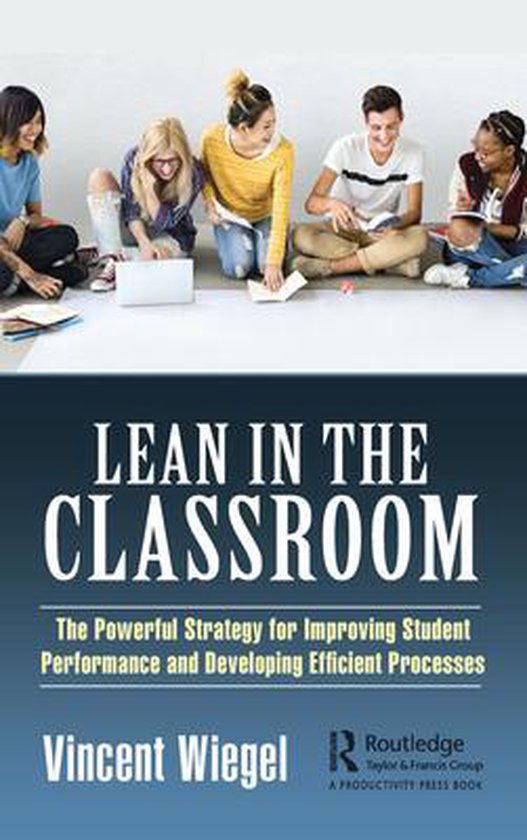
Classroom didactics
Classroom didactics is the way in which we deliver our product and incorporates everything from 'keeping order’ to 'binding', catering for different learning preferences, (study career) coaching, teaching tools, feedback and student well-being.
Binding
From the literature we know that social and academic binding act as a buffer against dropout in the first year. Good contacts with fellow students (social binding), teachers and staff (academic binding) ensure that the student feels at home with the programme, is open, dares to ask (help) questions and will eventually identify with the programme. Binding in the initial phase leads to successful study behaviour, often expressed in ECTS. This in turn results in a positive spiral, which strengthens the binding and identification with the study programme and positively influences the study performance (Kappe, 2020)
Feedback
Research shows that targeted feedback ensures that students start studying more regularly, especially when it comes to relatively large educational units (Cohen-Schotanus, 2012) and ensures that for students to perform better (Hattie &Timperley, 2007). The feedback is even more effective if it is not only focused on the competence development but also attention is paid to the student's learning process (Dochy, Berghmans, Koenen &Segers, 2015).
Assessment and feedback is not only something of teachers, but also fellow students (Sluijsmans, 2002) play an important role in this, provided that students learn how to implement this. Feedback and become even more meaningful if the student himself is encouraged to do so. Take responsibility. (Klink, 2017)
Learning preferences
Everybody has his own learning preferences for different situations; some people prefer to learn by writing things down or drawing diagrams, while others prefer to listen to information or read articles. Blended learning has proven to increase study success.
(Study career) coaching
Students can learn best if they feel comfortable in their learning environment and when they are sufficiently challenged. Study and career coaches, mentors and coaching lecturers play a crucial role. They stimulate and promote personal and professional development of each student and give them the tools in developing personal leadership and an inquisitive and enterprising attitude.
Student well-being
Student well-being is a sustained positive mental state of students, characterised by resilience, satisfaction with themselves, establishing relationships and gaining experiences during one’s student years, practising a healthy lifestyle and knowing well how to deal with one’s own emotions.
Student well-being has a significant effect on study success: when a students’ well-being is good, the student performs better during his studies and is less likely to have a study delay.
Paying attention to the well-being of all students and offering appropriate support where needed helps students to fully develop their talents.
 Activerende didactiek : gevarieerd lesgeven in het hoger beroepsonderwijs
by
Lia Bijkerk, Wilma van der Heid
Activerende didactiek : gevarieerd lesgeven in het hoger beroepsonderwijs
by
Lia Bijkerk, Wilma van der Heid
 Lean in the Classroom: The Powerful Strategy for Improving Student Performance and Developing Efficient Processes
by
Vincent Wiegel
Lean in the Classroom: The Powerful Strategy for Improving Student Performance and Developing Efficient Processes
by
Vincent Wiegel
 Nog slimmer! Succesvol studeren aan de hogeschool
by
Mirjam Pol
Nog slimmer! Succesvol studeren aan de hogeschool
by
Mirjam Pol
 Toolkit studentsucces: studentversie
by
J.M. Molina Schmidt & E.Koljenovic
Toolkit studentsucces: studentversie
by
J.M. Molina Schmidt & E.Koljenovic
 Running on empty: The impact of challenging student life on wellbeing and academic performance
by
R.W.H.J. Wiers (PhD thesis)
Running on empty: The impact of challenging student life on wellbeing and academic performance
by
R.W.H.J. Wiers (PhD thesis)